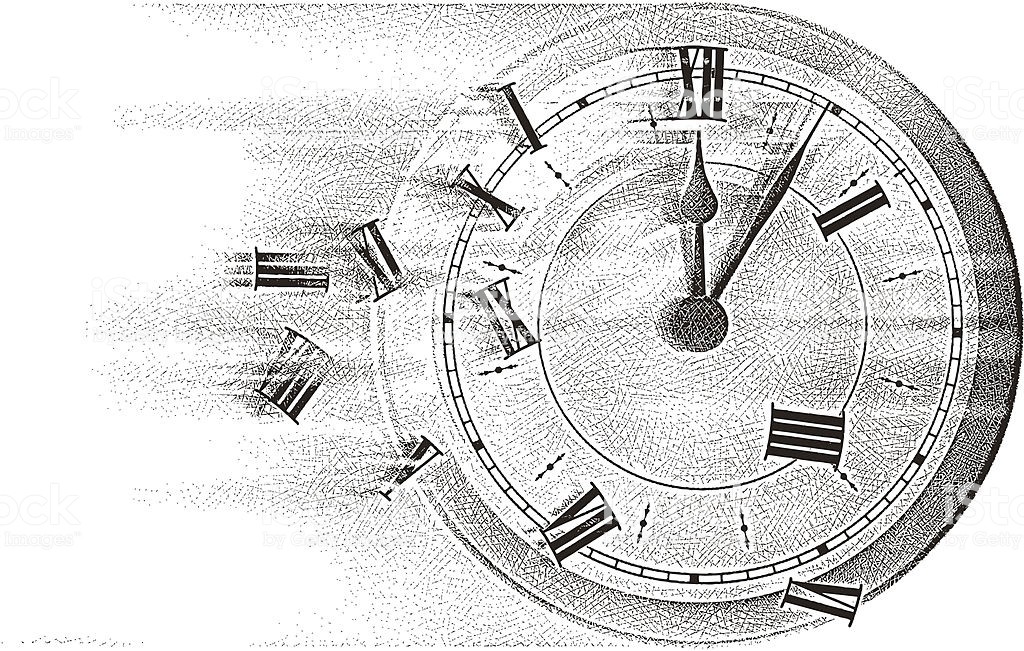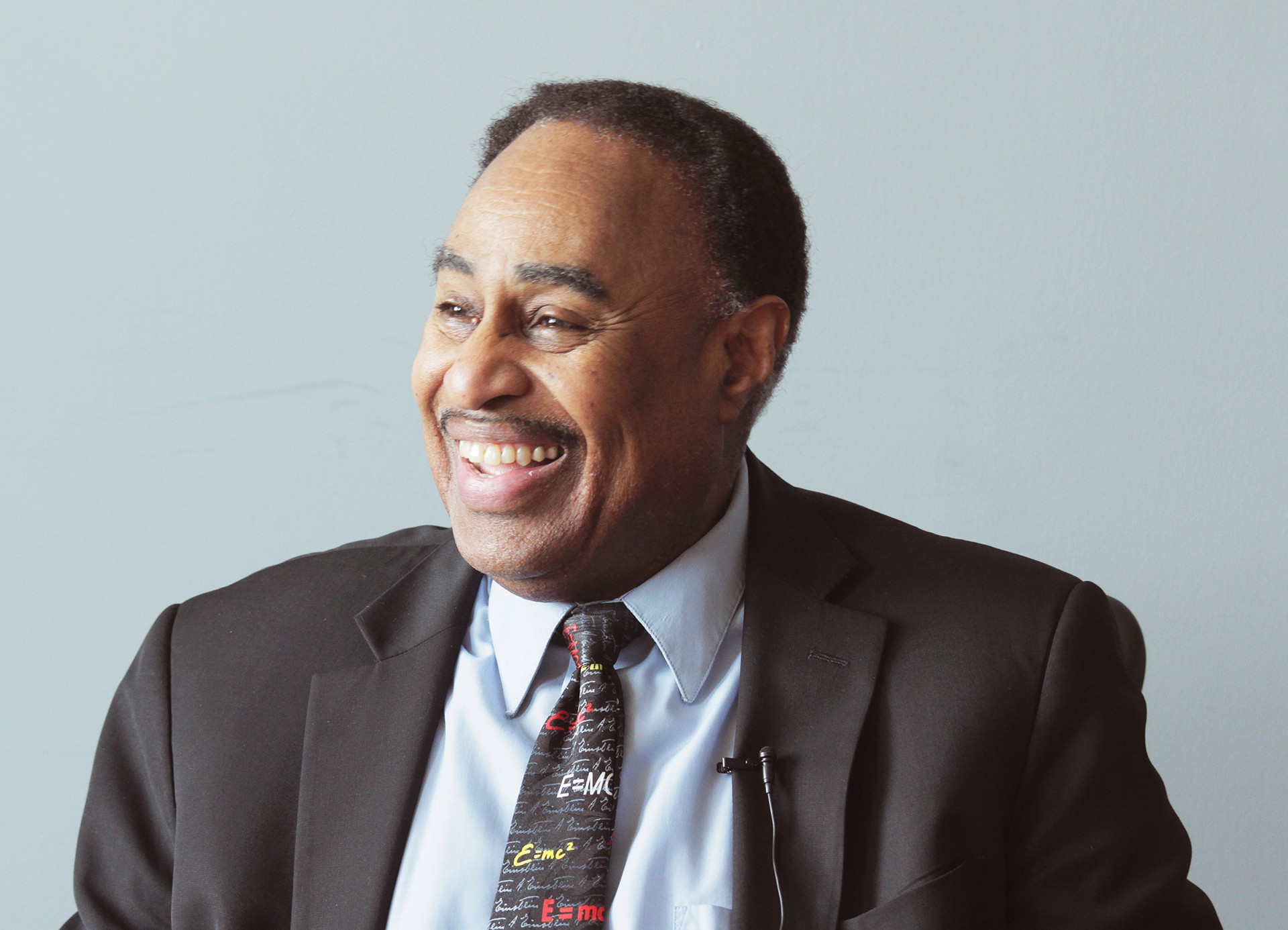From H.G. Wells’ classic story The Time Machine to the racy period drama Outlander, time travel remains a subject of fascination.
But is time travel merely the stuff of fiction? It’s a question that has long preoccupied Ronald L. Mallett, a professor of physics at the University of Connecticut, and one of the first-ever black physicists in the United States.
On Monday, November 11, Mallett will give a lecture on ‘The Real Science of Time Travel’ at Oscar Peterson Concert Hall. The lecture is co-hosted by the Science College and the Concordia Student Union (CSU).
“This is a great opportunity to showcase exciting events at Loyola campus, and to bring a diversity speaker in STEM to Concordia,” says Celeste Ferrus, CSU’s Loyola coordinator.
We caught up with Mallett in advance of his lecture.

